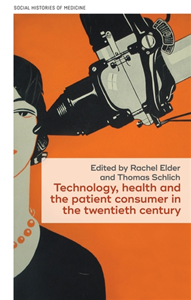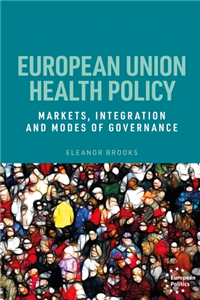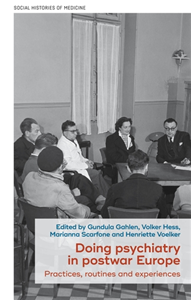Ernst Penzoldt wurde am 14. Juni 1892 in Erlangen geboren und starb am 27. Januar 1955 in München. Er studierte an den Kunstakademien von Weimar und Kassel und war zunächst als Bildhauer, Maler und Grafiker tätig. Nach dem 1. Weltkrieg, in dem er - wie auch von 1939 bis 1940 - als Sanitäter verwendet wurde, fand er zur Schriftstellerei, die er als seine » Kriegsverletzung« bezeichnet hat.
Zu seinen erfolgreichsten Büchern zählen: Der arme Chatterton (1928), der Schelmemroman Die Powenzbande (1930), Kleiner Erdenwurm (1934), Der dankbare Patient (1937), so wie die Erzählungen Idolino (1935), Korporal Mombour (1941), und Squirrel (1954).
Ernst Penzoldt wurde am 14. Juni 1892 in Erlangen geboren und starb am 27. Januar 1955 in München. Er studierte an den Kunstakademien von Weimar und Kassel und war zunächst als Bildhauer, Maler und Grafiker tätig. Nach dem 1. Weltkrieg, in dem er - wie auch von 1939 bis 1940 - als Sanitäter verwendet wurde, fand er zur Schriftstellerei, die er als seine » Kriegsverletzung« bezeichnet hat.
Zu seinen erfolgreichsten Büchern zählen: Der arme Chatterton (1928), der Schelmemroman Die Powenzbande (1930), Kleiner Erdenwurm (1934), Der dankbare Patient (1937), so wie die Erzählungen Idolino (1935), Korporal Mombour (1941), und Squirrel (1954).






























